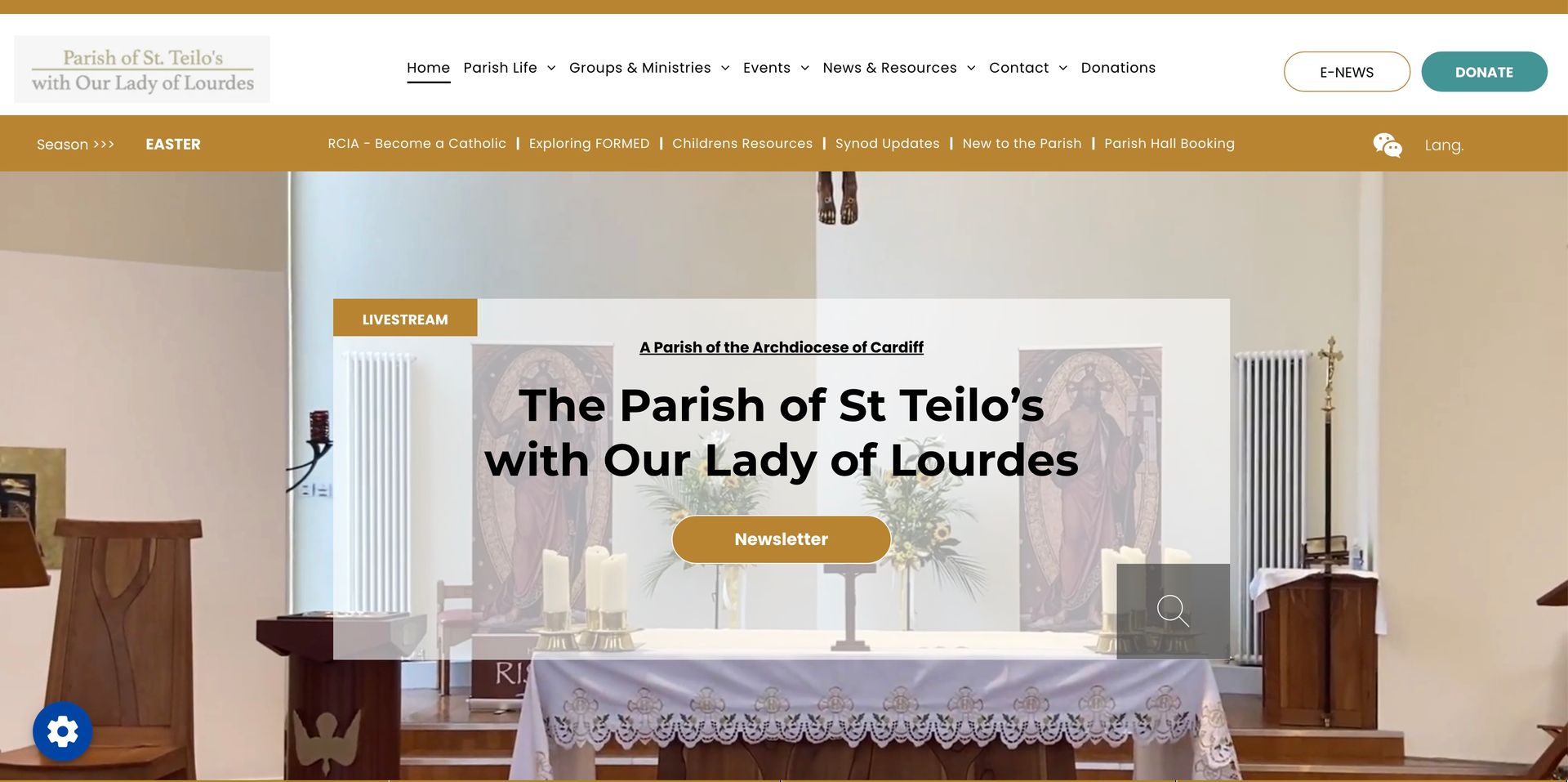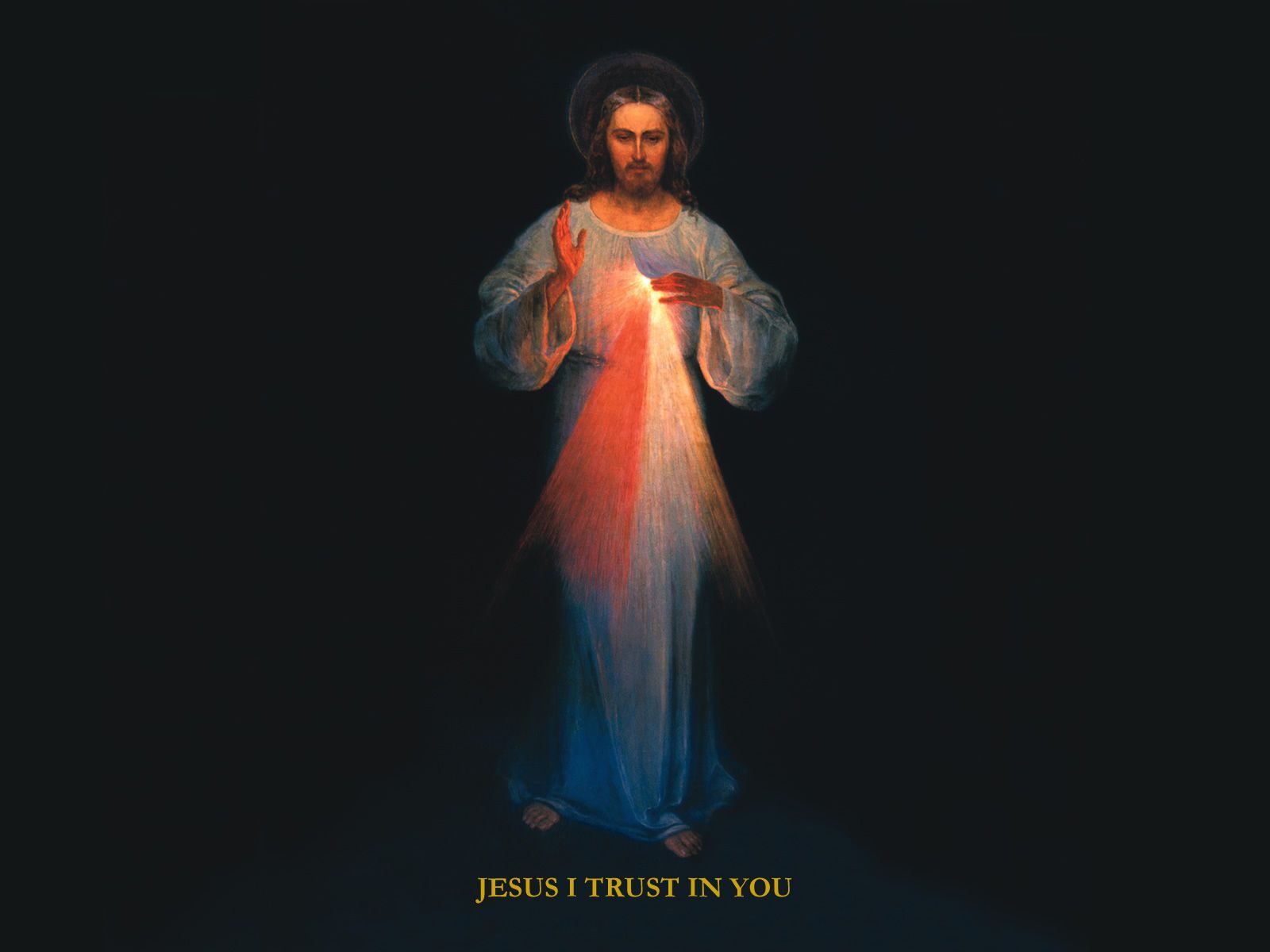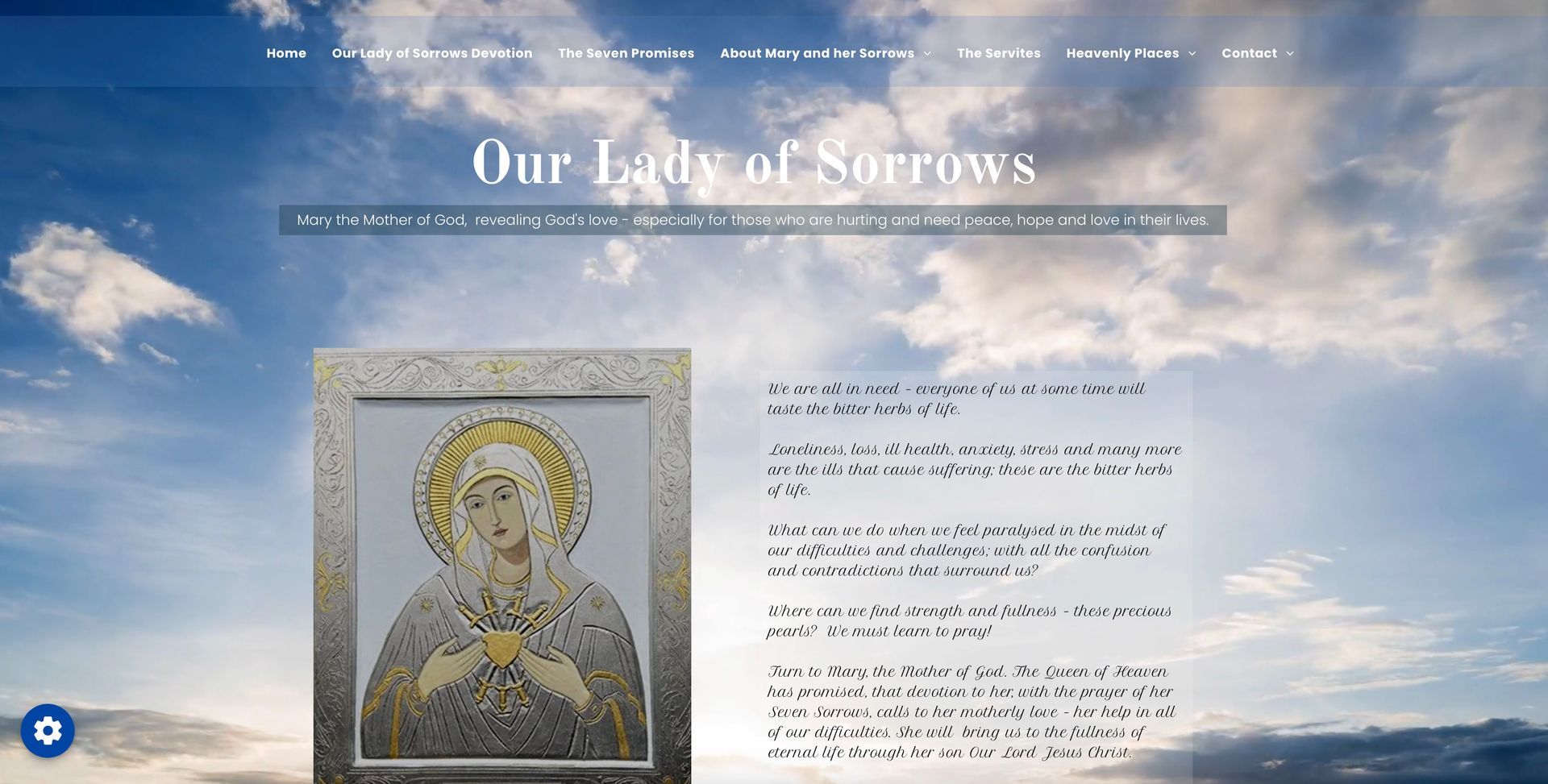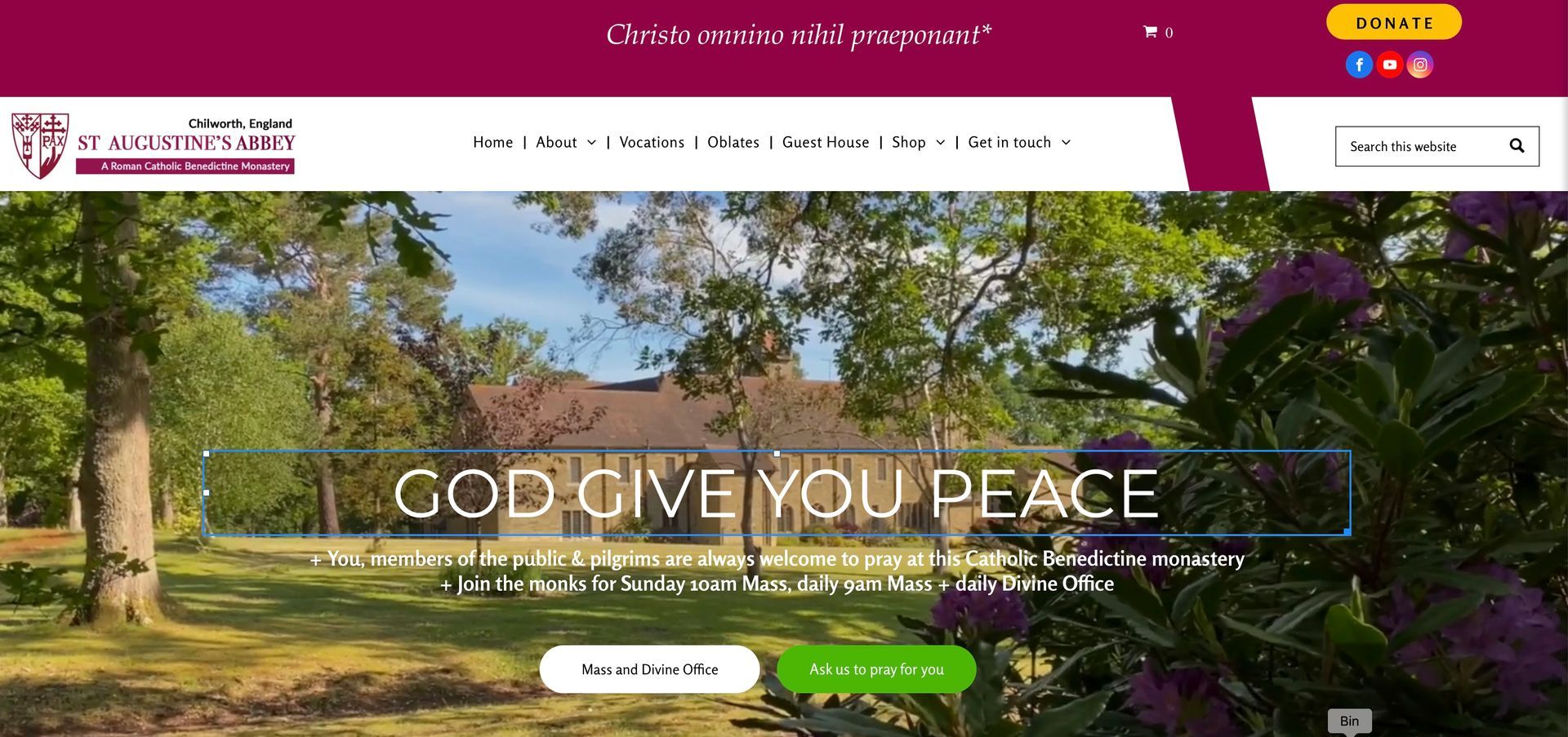What are the Gifts of the Holy Spirit?

An article published in the March/April 2023 Faith Companion Magazine - Permission to publish granted
Visit the Faith Companion Community Space
What are the Gifts of the Holy Spirit?
The first gift we receive is the gift of ‘sanctifying grace’, which is “a participation in the nature and life of God.”1 It is the gift by which we are inserted into the “intimacy of Trinitarian life.”2 It is a gift that is infused by the Holy Spirit into the soul to heal it of sin and to sanctify it. It raises us to a new supernatural level of being which is capable of living an elevated supernatural life. It is the grace by which we are born again: “It perfects the soul itself to enable it to live with God and to act by His love.”4 It remains in us while we are in a state of grace and is lost by mortal sin. It is a permanent grace which is given for us to keep. Jesus calls us all to holiness.5 Sanctifying grace is therefore given to us for our personal sanctification or holiness. With it comes all the additional helps we need to co-operate with the Holy Spirit in the work of our own sanctification. These helps are known as the ‘seven virtues’ or the ‘seven gifts of the Holy Spirit’.
The seven virtues are divided into two groups. The theological vir- tues are the virtues of faith, hope and charity. They are called theo- logical because they unite us to God: “[they enable us] to believe in God, to hope in Him, and to love Him.”6
The second group are called the cardinal virtues, which “[allow us] to grow in goodness through the moral virtues” and lead vir- tuous lives.7 These are prudence, justice, temperance and fortitude.
The seven gifts of the Holy Spirit are known as the ‘Isaiah 11 gifts’, to distinguish them from the ‘charismatic gifts’ that Paul spoke about in 1 Corinthians 12:7-10. These are the gifts that we were taught about in preparation for our Confirmation, and they are probably the gifts with which we are most familiar. Isaiah prophesied that when the promised Messiah came, the Spirit of the Lord would rest on Him and that He would demonstrate a number of attributes.
These are: the spirit of wisdom and understanding, the spirit of counsel and might (i.e. courage or fortitude), the spirit of knowledge and fear of the Lord.8 The final gift is that of piety (reverence), which the Church Fathers always included. This prophecy was fulfilled in Jesus.
The ‘charismatic gifts’ of the Holy Spirit refer to a second group of gifts. It is to this group that I refer to primarily in this article. According to the ‘Catechism of the Catholic Church’,
“...grace also includes the gifts that the Spirit grants us to associate us with his work, to enable us to collaborate in the salvation of others and in the growth in the Body of Christ, the Church.”9

The term ‘charismatic’ simply means ‘free gift’. These are free gifts that the Holy Spirit gives to us to be given away to others. They are not given as permanent abilities but are given afresh on each occasion they are needed.
They are given in order to help others to grow in holiness. They are given as actual graces. An actual grace refers simply to an intervention by God.10 The one most usually recognised is the group that Paul refers to in 1 Corinthians 12. However, there are others and it is important for us to know about them too.
The first group is given to us by Paul in Ephesians 4:1-12. In this list he refers to the differ- ent leadership roles needed in the Church. He outlines five – apostles, prophets, evange- lists, pastors and teachers – whose roles are given to equip the saints for ministry and for
building up the Body of Christ.
The second group of charismatic graces are given to us by Peter. He urges us to be good stew- ards of the manifold graces of God and to serve one another with whatever gift we have re- ceived. He singles out speech and service: “Whoever speaks must do so as one speaking the very words of God; whoev- er serves must do so with the strength that God supplies...”11
The third group are of seven charismatic graces that I like to define as ‘everyday graces’.
These are: “prophecy...ministry, in ministering; the teacher, in teach- ing; the exhorter, in exhortation; the giver, in generosity; the lead- er, in diligence; the compassion- ate, in cheerfulness.”12 This group is less well known but it is import- ant that we know about them.
Prophesy I will reflect on later in the next article in the series. Min- istry is service. It is the manifesta- tion of the Holy Spirit’s generosity in the giving of Himself in service to others. It is the ability to no- tice need anywhere and looks for the means to help. It is the Spir- it-enabled willingness to meet the need of others. This may be a sim- ple, practical thing like offering to clean the church, or it could mean helping in more difficult situations, such as ministering to the needs of others as described in the spiri- tual and corporal works of mercy.
Exhortation is the Spirit-enabled ability to bring God’s word of en- couragement to someone experi- encing a time of discouragement, who may be feeling down or de- jected. With this gift my pres- ence and encouraging word are empowered by the presence and power of the Holy Spirit to break those feelings free from the per- son experiencing them. It is the power to say the right thing, at the right time, and in the right place.
The gift of compassion is so im-portant for the spiritual life. Our God is a God of compassion.13 Compassion is an attribute of God. Compassion is the God-given abili- ty to ‘feel with’ the pain or distress of another. It is God’s compassion flowing through me to the one in need.
There are four stages in the ministry of compassion. First is the ability to notice the need. The second is to feel empathy (feel with the other as if the pain and distress were my own). The third is a compulsion to act in some way to relieve the pain or distress. This may mean simply to offer a prayer or to take action against an unjust system. The fourth is to act on the compulsion. The recognition of compulsion is the Spirit-enabled authority of God for us to act in His name in a particular situation.
(Series concludes in next edition) - please visit the community portal
REFERENCES
1. CCC 1994:1997;2009. 2. n.1997.
3. n.2023.
4. n.2000.
5. Matthew 5:48. 6. n.1266.
7. Ibid.
8. Isaiah 11:2-3. 9. n.2003.
10. n.2000.
11. 1 Peter 4:11 NRSV.
12. Romans 12:6-8 NRSV.
13. See James 5:11, Hebrews 13- 14 and Matthew 20:34.










